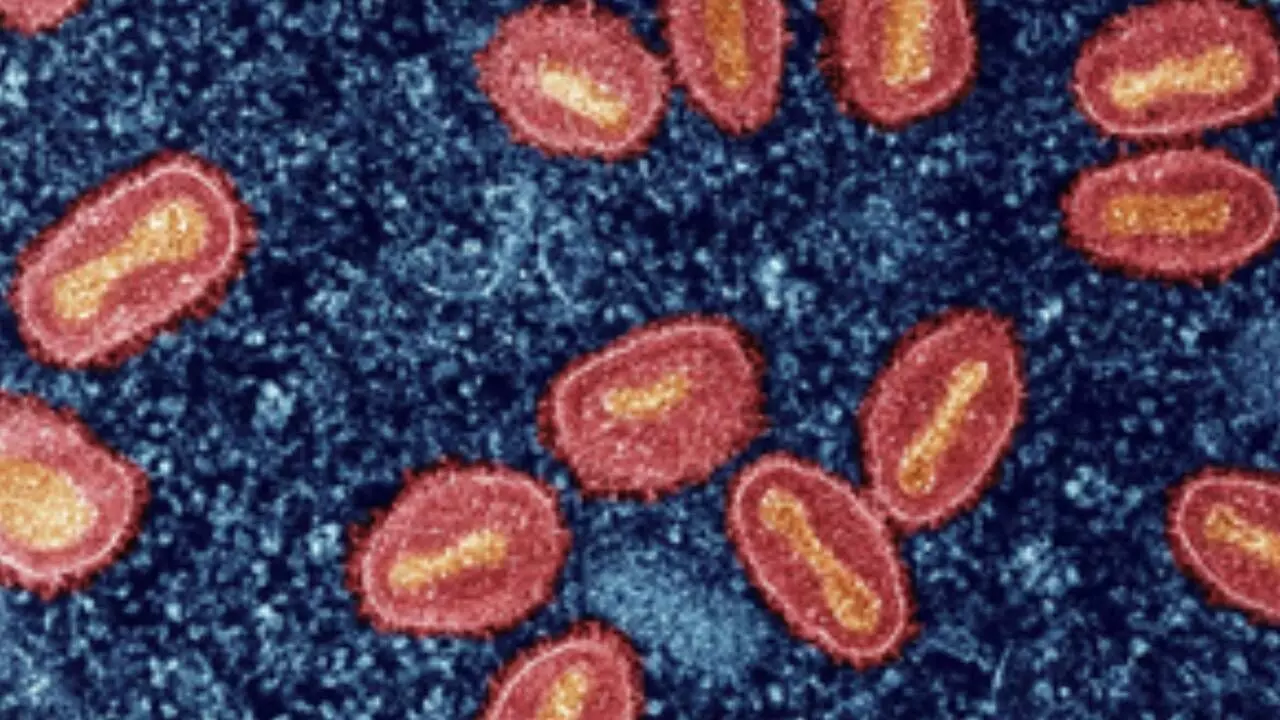Domestic patent filings by Indians rise to 53% from 34% in five years
India needs to increase R&D spending and patent examiners to further improve domestic patents
image for illustrative purpose

Foreign entities still dominate the share of patents granted in India, holding 72% compared to 25% for Indian entities. While India's focus has been on quantity, there is a pressing need to enhance the quality of patent applications. This requires increased investment in research and development, which currently stands at a mere 0.65% of the nation's GDP, significantly lower than the global average of 2.62%
Patents have been considered as one of the strongest tools for industrial development and economic growth. India is no new to patent filing and the trends have been very encouraging over the last 5-6 years. The best part of these trends is that domestic filing by Indian residents has risen to 53 per cent from 34 per cent since the last 5 years as per the CGPTDM reports. This is the first time in 2022-2023 Indian residents have crossed non-resident in domestic patent filings. This is a very welcome and positive sign to show that Indian academia and R&D is slowly gearing towards a stronger patent regime.
Another great point to notice is that the major patent filings have been in chemicals, pharma, computer science and information technology with Indian applicants outpacing the foreign entities, but the foreign entities have maintained a dominant share of patents granted in India with 72 per cent patents granted compared to 25 per cent to Indian entities.
India stood first in foreign patents grant in the world, with 74.46 per cent patents approved for non-resident Indians in 2022, which is among the highest in any major economy globally. The World Intellectual Property Organization (WIPO) data showed that the comparable number in the case of China stood at 12.87 per cent, European Patent Office stood at 54.83 per cent, Germany at 40.97 per cent and the US at 56.11 per cent respectively.
While India has done well in quantity of patent filings but one of the key reasons has been the low quality of patent applications driven by low spent in research and innovation. India is becoming a manufacturing hub for many sectors with increase in local value addition, but the needle must move towards original IP creation with more patent grants for Indian entities and residents in the coming years.
While India enjoys this tag of granting highest patents to foreign entities it also has a flip side of making Indian entities more dependent on foreign technologies and thus slowing down the Indian patent grants and approvals. Another reason in the rise of foreign patents in India is catalysed by Patent Cooperation Treaty (PCT) and Paris Convention for the Protection of Industrial Property, which is accounting to 90 per cent of the patents filed by foreign entities. India is a signatory of both the PCT and Paris Convention thus offering them equal access to other foreign countries for filing patents.
To conclude, If India has to roll out good quality and quantity patents by Indian entities and residents then India needs to rise in its R&D spending from a meagre 0.65 per cent reported in 2022 as per World Bank data which is much lower to the global average of 2.62 per cent of a Nation’s GDP.
Further another area of improvement will be to increase the full time patent examiners in Indian Patent Office from 597 to 2000 in the coming years. This will be a great leap and will help the cause but still we need to compete with the likes of full time patent examiners which is 3982 in EU, 8000 in the US and 821 in Germany.
Finally, patents will hold the key for our country’s vision of 2047 to become a developed nation with all stakeholders including innovators to patent examiners, from MSMEs to startups, from academia to R&D institution coming together to create an innovation driven ecosystem with strong patent regime.
(The author is Head - Legal &IPR, Resolute Group and Founder of IPRAS (NGO))

